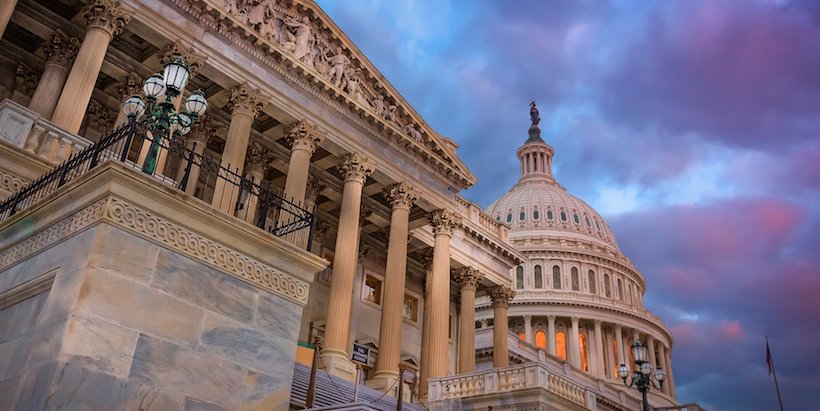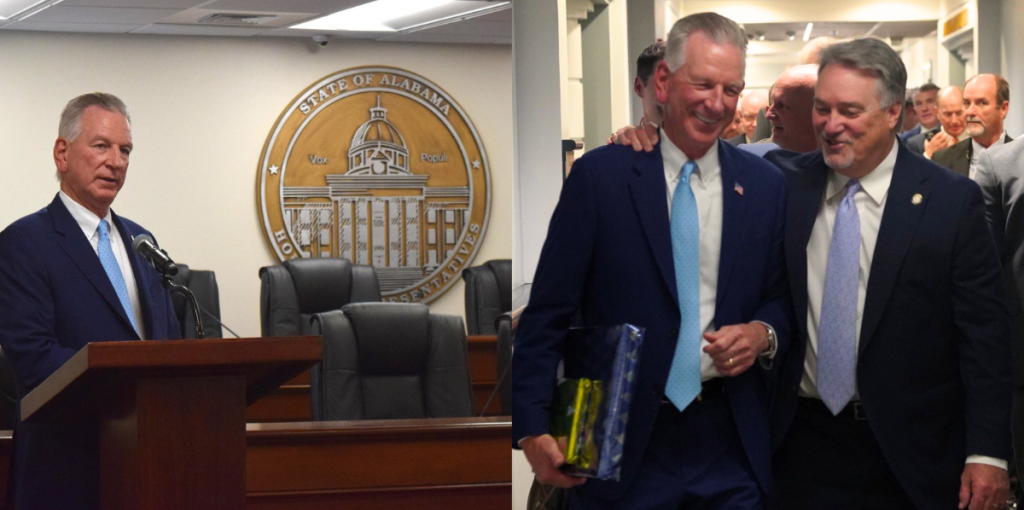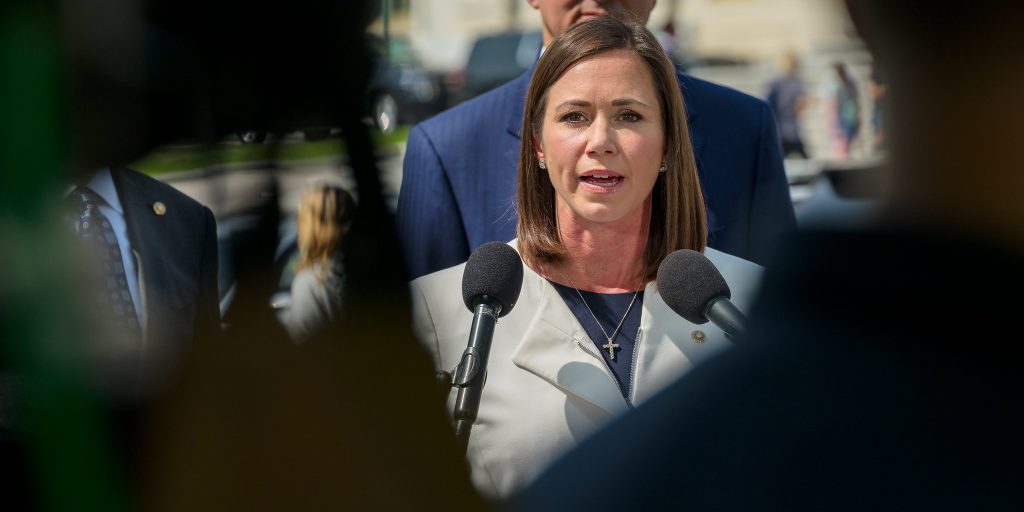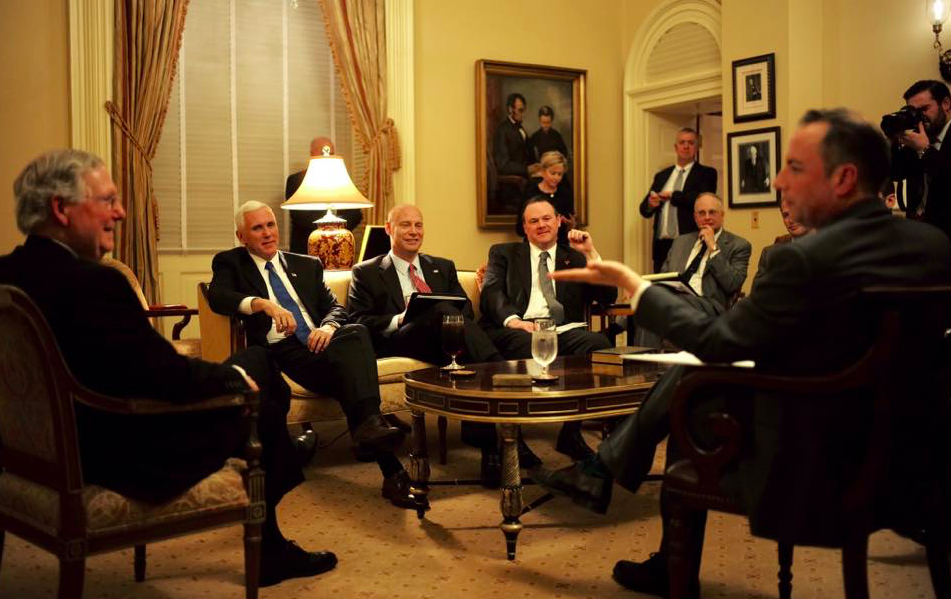
WASHINGTON — In their first official acts of the 115th Congress, Sen. Richard Shelby (R-Ala.) and Congressman Bradley Byrne (R-AL1) both introduced legislation proposing a constitutional amendment that would require Congress to produce a balanced budget each year.
Shelby’s office said the proposal, which he has pushed every year since he was first elected, is “an effort to reduce our nation’s mounting debt, which has increased from $10.6 trillion when President Obama took office to more than $19 trillion today.”
“The idea behind a balanced budget amendment is simple: the federal government should be required to do what hardworking Americans do every day – balance a budget,” said Shelby. “A $19 trillion debt is simply unsustainable and will place a heavy burden on our children and grandchildren if we do not take steps to reverse this irresponsible course. I’m pleased to once again introduce this common sense policy that would reduce wasteful government spending, restore confidence in our economy, and foster job growth.”
Byrne introduced identical legislation in the House.
“I thought it was important and fitting for my first bill introduced in the 115th Congress to be a balanced budget amendment,” he said. “With the national debt over $19 trillion dollars, it is no secret the federal government has serious spending issues, and I believe a balanced budget amendment is the best way to ensure responsible budgeting.
“Requiring balanced budgets is not a far flung idea. Already, most states are required to have a balanced budget, and families and small businesses face the challenge of living within their means every single day,” he continued. “The federal government should have to play by the same rules in order to restore fiscal sanity in Washington.”
If passed by Congress and then ratified by three-fourths of the states, the amendment to the Constitution would require that the total amount of money spent by the United States during any fiscal year, except during times of war, not exceed the amount of revenue received by the United States during the same fiscal year and not exceed 20 percent of the gross domestic product of the United States during the previous calendar year.












